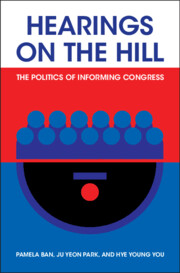Various studies have outlined the institutional (e.g. the existence of quota laws and the electoral system type of a country) and non-institutional factors (e.g. the political culture of a country) that account for variation in women’s representation, in general, and, in more detail, the low representation of women in the US Congress. However, no study has, so far, compared the Congressional career paths of men and women in order to understand whether this gender gap in representation stems from a difference in terms of the duration and importance of the careers of male and female policymakers. Using data on all US House elections between 1972 and 2012, we provide such an analysis, evaluating whether or not the political careers of women in the US House of Representatives are different from the political careers of their male counterparts. Our findings indicate that the congressional careers of men and women are alike and, if anything, women may even have a small edge over their male colleagues.


